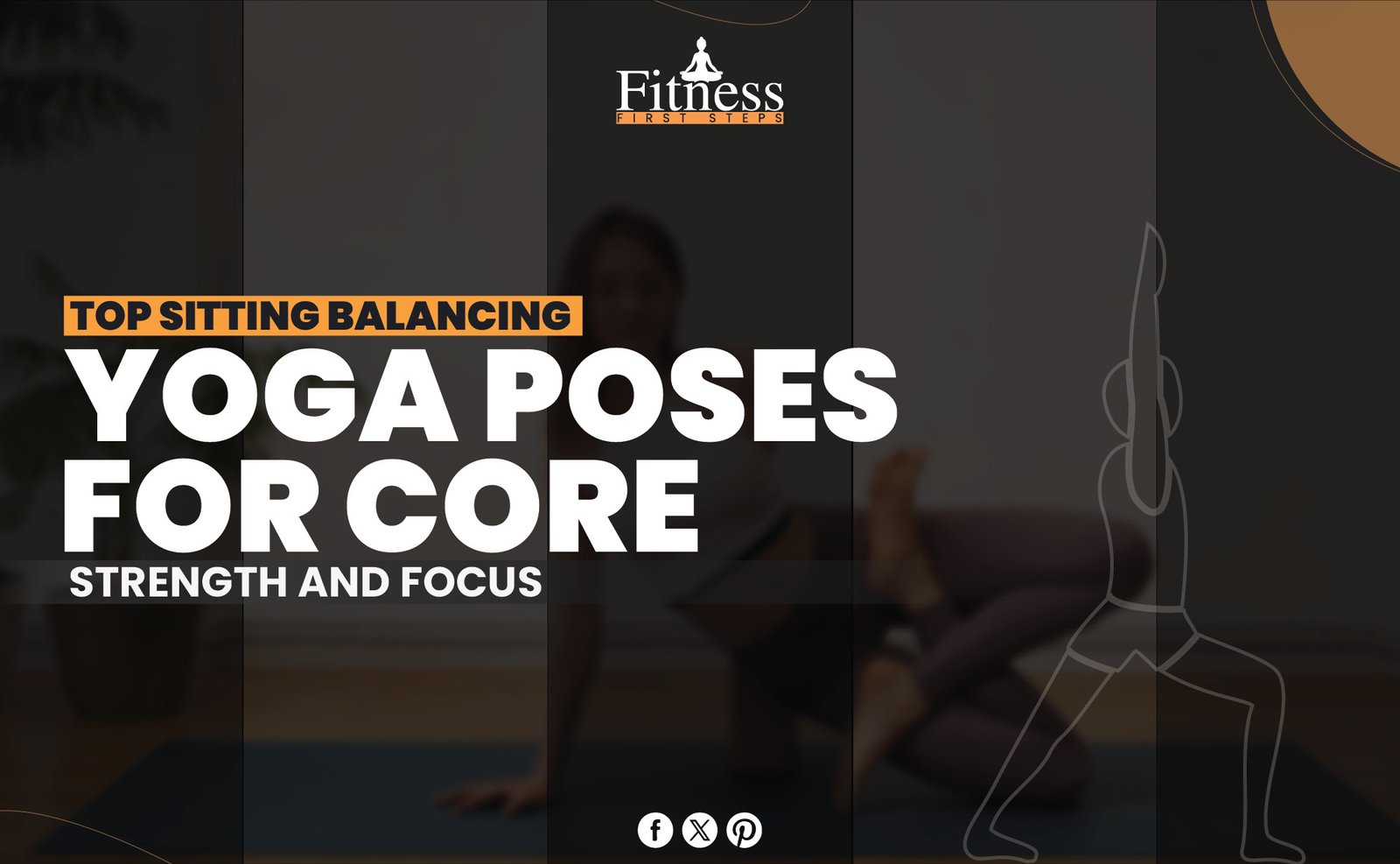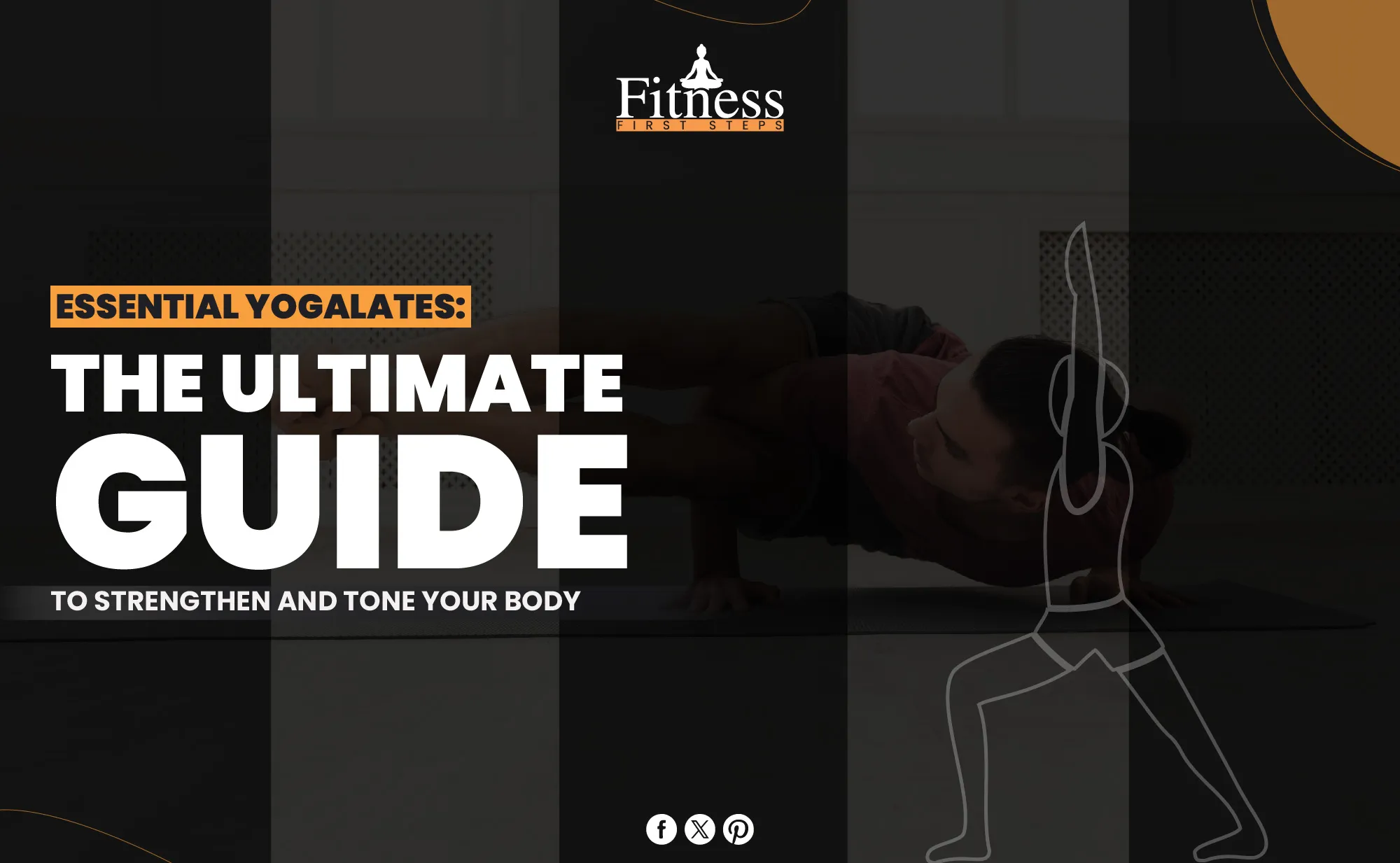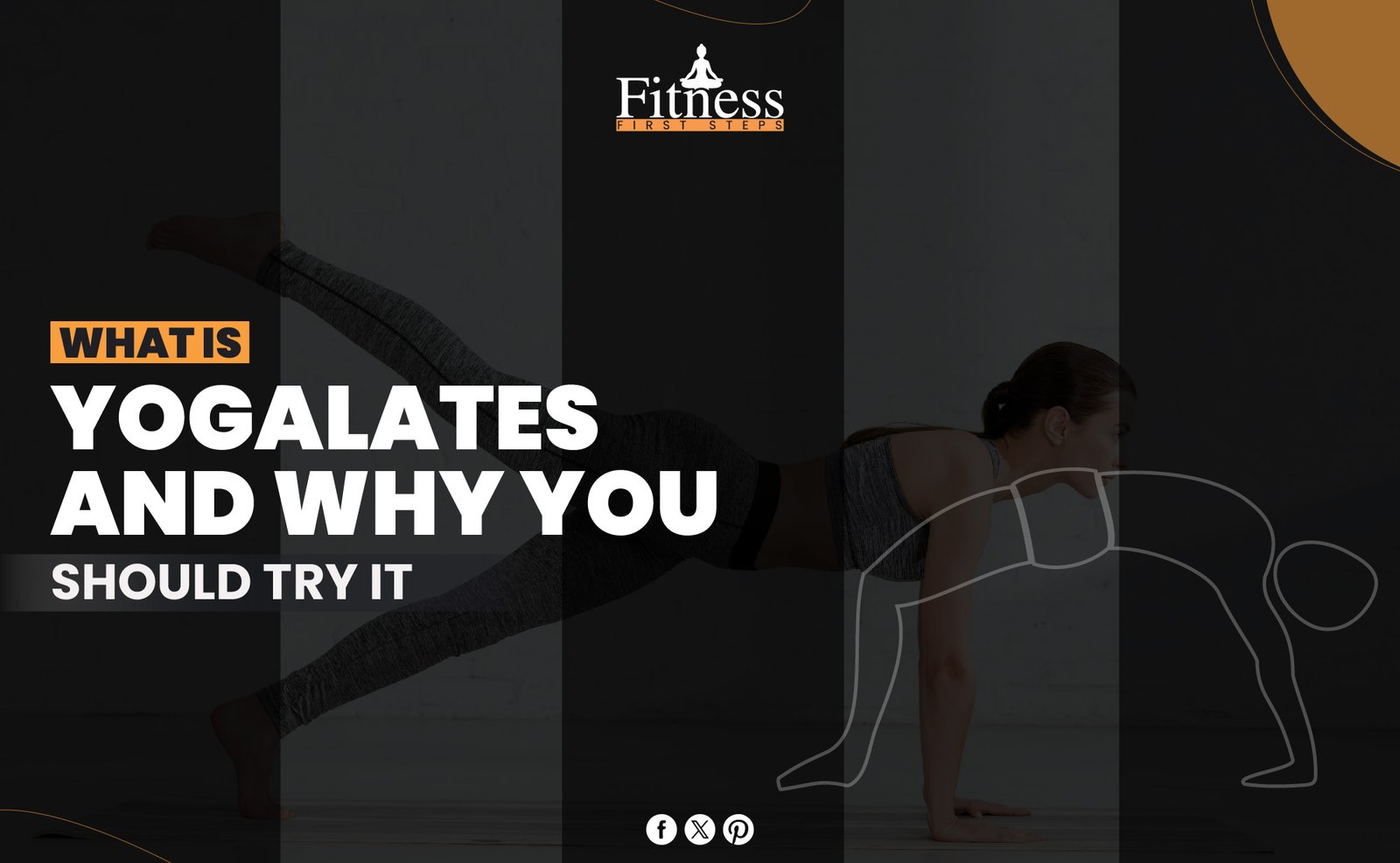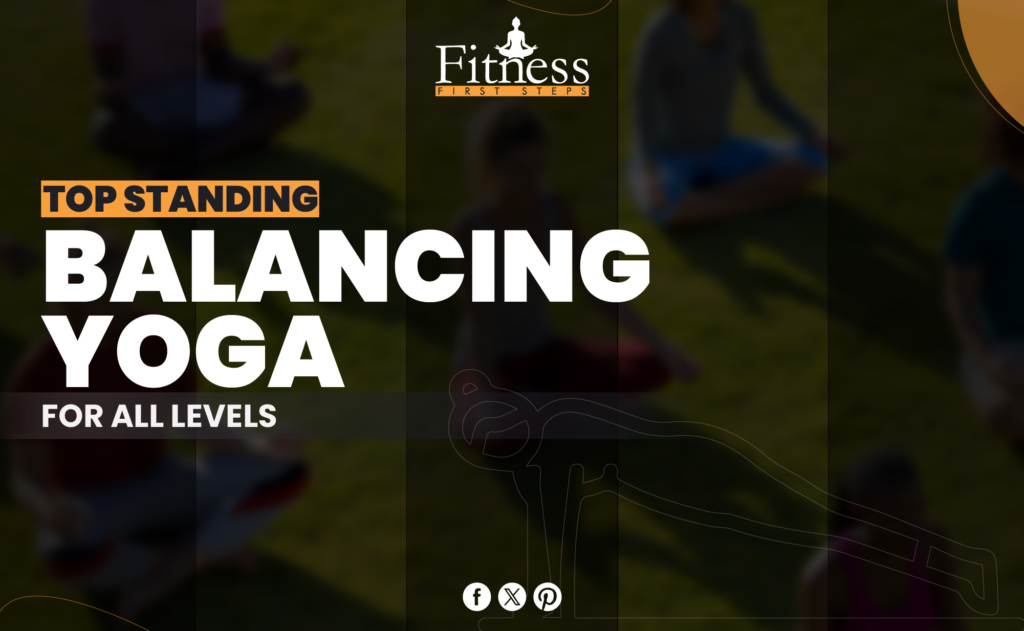Introduction
Yoga, an ancient practice with roots in India, has evolved over thousands of years to become a globally embraced method for achieving physical, mental, and spiritual well-being. Originating as a spiritual discipline, yoga has transformed into a comprehensive approach to health that includes physical postures (asanas), breathing techniques (pranayama), and meditation (dhyana). In today’s fast-paced world, where stress and mental health issues are rampant, yoga offers a sanctuary for individuals seeking balance and peace.
The importance of addressing stress and mental health cannot be overstated. Modern lifestyles, characterized by constant connectivity, high demands, and minimal downtime, contribute to escalating stress levels and deteriorating mental health. Yoga is a powerful tool to combat these issues, providing a holistic approach to stress management and mental wellness. This blog post delves into the multifaceted benefits of yoga, exploring how it can significantly reduce stress and enhance mental health.
Stress and Its Impact on Mental Health
Stress is the body’s response to perceived threats or challenges, triggering a cascade of physiological reactions. While some stress is normal and can motivate, chronic stress negatively impacts physical and mental health. Physiologically, stress activates the “fight or flight” response, increasing heart rate and blood pressure and releasing stress hormones like cortisol. Over time, chronic stress can lead to:
- Cardiovascular issues such as hypertension and heart disease
- Weakened immune function
- Digestive problems
- Sleep disturbances
- Muscular tension and pain
Stress also affects mental health, leading to issues such as:
- Anxiety: characterized by excessive worry, nervousness, and fear.
- Depression: marked by persistent sadness, loss of interest, and fatigue.
- Cognitive issues: This includes problems with memory, attention, and decision-making.
- Emotional instability: manifesting as irritability, frustration, and mood swings.
Common Mental Health Issues
Mental health issues such as anxiety and depression are prevalent in today’s society. Anxiety disorders, characterized by excessive worry, nervousness, and fear, can severely impair daily functioning. Symptoms may include restlessness, fatigue, difficulty concentrating, and irritability. Depression, marked by persistent sadness, loss of interest, and fatigue, affects millions of individuals worldwide. It can significantly impair daily life, relationships, and work. Other common mental health issues include:
- Panic Disorders: Sudden episodes of intense fear and physical symptoms like chest pain and shortness of breath.
- Social Anxiety Disorder: Intense fear of social situations and being judged by others.
- Post-Traumatic Stress Disorder (PTSD): Persistent mental and emotional stress as a result of severe trauma.
The Role of Lifestyle Choices in Managing Stress and Mental Health
Lifestyle choices play a crucial role in managing stress and mental health. Adopting healthy habits can enhance resilience to stress and reduce the risk of developing mental health issues. Key lifestyle choices include:
- Regular Physical Activity: Exercise boosts mood, improves sleep, and reduces anxiety and depression.
- Balanced Nutrition: A diet rich in fruits, vegetables, lean proteins, and whole grains supports brain health and energy levels.
- Adequate Sleep: Quality sleep is essential for mental and emotional well-being.
- Mindfulness Practices: Yoga, meditation, and other mindfulness activities promote relaxation and stress reduction.
- Social Connections: Maintaining strong relationships and a supportive social network improves mental health and reduces stress.
The Science Behind Yoga and Stress Reduction
Physiological Effects of Yoga on the Brain and Body
Yoga’s impact on the brain and body is profound and well-documented. Regular practice leads to physiological changes that promote relaxation and reduce stress. These changes include:
- Reduced Heart Rate and Blood Pressure: Yoga promotes cardiovascular health by lowering heart rate and blood pressure, counteracting the effects of stress.
- Enhanced Respiratory Function: Yoga breathing techniques improve lung capacity and oxygenate the blood, promoting relaxation.
- Increased Flexibility and Muscle Strength: Physical postures improve flexibility and strength, reducing physical tension and pain.
Research on Supporting Yoga’s Benefits for Mental Health
Numerous studies highlight yoga’s positive impact on mental health. For instance, a study published in the Journal of Psychiatric Practice found that yoga significantly reduces symptoms of anxiety and depression. Another study in the International Journal of Yoga Therapy demonstrated that regular yoga practice improves overall mood and well-being. Additionally, research from Harvard Medical School has shown that yoga can help reduce the symptoms of post-traumatic stress disorder (PTSD) and improve the quality of life for individuals with chronic pain.
Hormones Related to Stress and Relaxation
Yoga influences the production and regulation of hormones associated with stress and relaxation:
- Cortisol: Chronic stress elevates cortisol levels, leading to various health issues. Yoga has been shown to reduce cortisol production, promote relaxation, and reduce stress.
- Endorphins: Often referred to as “feel-good” hormones, endorphins are released during physical activity, including yoga. They enhance mood and provide a natural sense of well-being.
- GABA (Gamma-Aminobutyric Acid): Yoga increases the levels of GABA, a neurotransmitter that helps calm the nervous system and reduce anxiety.
- Serotonin and Dopamine: Regular yoga practice can boost the production of these neurotransmitters, which are crucial for mood regulation and overall mental health.
Core Components of Yoga that Aid Stress Relief and Mental Wellness
Major Aspects of Yoga
Asanas (Poses)
Asanas are physical postures designed to increase strength, flexibility, and balance. They range from simple to complex and can be adapted to suit all fitness levels. Regular practice of asanas helps release physical tension and promotes a sense of physical well-being.
Pranayama (Breathing Techniques)
Pranayama involves controlled breathing techniques that regulate the body’s flow of prana (life force). Techniques such as deep breathing, alternate nostril breathing, and humming bee breath effectively calm the mind and reduce stress.
Dhyana (Meditation)
Meditation involves focusing the mind to achieve a state of deep relaxation and mental clarity. Regular meditation practice enhances mindfulness, reduces anxiety, and improves emotional stability.
How Each Component Specifically Contributes to Reducing Stress and Improving Mental Health
- Asanas: Reduce physical tension, improve body awareness, and promote relaxation.
- Pranayama: Regulates the nervous system, reduces stress hormones, and enhances respiratory function.
- Dhyana: Calms the mind, reduces anxiety, and fosters a sense of inner peace.
Practical Tips for Incorporating These Elements into Daily Routines
- Set a Regular Schedule: Designate specific times for yoga practice to establish consistency.
- Start Small: Begin with short sessions and gradually increase the duration as comfort and proficiency grow.
- Create a Dedicated Space: Set up a quiet, comfortable area for practice to minimize distractions.
- Use Resources: Utilize online classes, apps, and books to guide practice and maintain motivation.
- Listen to Your Body: Pay attention to your body’s signals and modify poses as needed to avoid injury.
Yoga Practices for Beginners to Combat Stress
Simple and Effective Yoga Poses for Beginners
- Child’s Pose (Balasana): A restorative pose that calms the mind and relieves tension in the body.
- Mountain Pose (Tadasana): Promotes grounding and stability, reducing anxiety.
- Cat-Cow Pose (Marjaryasana-Bitilasana): Improves spinal flexibility and reduces stress.
- Downward-Facing Dog (Adho Mukha Svanasana): A foundational pose that stretches the body and relieves tension.
- Legs-Up-the-Wall Pose (Viparita Karani): An inversion pose that promotes relaxation and reduces leg swelling.
Breathing Exercises That Can Be Performed Anywhere to Relieve Stress
- Deep Belly Breathing: Promotes relaxation and reduces stress by engaging the diaphragm.
- Alternate Nostril Breathing (Nadi Shodhana): Balances the nervous system and calms the mind.
- Humming Bee Breath (Bhramari): Reduces anxiety and promotes mental clarity.
- 4-7-8 Breathing: Involves inhaling for 4 seconds, holding the breath for 7 seconds, and exhaling for 8 seconds to promote relaxation.
- Sitali Breath: A cooling breath technique that involves inhaling through a rolled tongue and exhaling through the nose, which helps to cool the body and calm the mind.
Guided Meditation Techniques for Mental Clarity and Calm
- Body Scan Meditation: Enhances body awareness and promotes relaxation.
- Loving-Kindness Meditation: Foster positive emotions and reduces stress.
- Mindfulness Meditation: Encourages present-moment awareness and reduces anxiety.
- Guided Visualization: Involves imagining peaceful scenes to reduce stress and promote relaxation.
- Chakra Meditation: Focuses on the body’s energy centers to balance and harmonize physical and emotional states.
Advanced Yoga Techniques for Deepened Stress Relief
Kundalini Yoga
Kundalini Yoga combines dynamic movements, breathwork, and meditation to awaken energy and promote spiritual growth. It is known for its powerful effects on mental clarity and stress reduction. Key components of Kundalini Yoga include:
- Kriyas: Specific sequences of postures, breathwork, and sounds designed to achieve a particular outcome.
- Mantras: Chanting sounds or phrases to focus the mind and elevate consciousness.
- Mudras: Hand positions that channel energy flow and enhance meditation.
Power Yoga
Power Yoga is a vigorous, fitness-based approach to vinyasa-style yoga. It builds strength, flexibility, and endurance, offering a robust physical workout that alleviates stress. Power Yoga typically includes:
- Dynamic Movements: Fast-paced sequences that increase heart rate and build muscle.
- Strength Training: Incorporation of weight-bearing poses to enhance muscle tone.
- Endurance Building: Continuous flow of poses to improve stamina and cardiovascular health.
Benefits of Consistent Practice and Deeper Engagement with Yoga
Consistent yoga practice yields long-term benefits for stress reduction and mental health. These include:
- Improved Emotional Stability: Regular practice enhances emotional regulation and reduces mood swings.
- Enhanced Mental Clarity: Yoga promotes focus and concentration, reducing mental clutter.
- Increased Resilience to Stress: Yoga strengthens the body and mind over time, improving resilience to stressors.
- Better Sleep Quality: Consistent yoga practice can improve sleep patterns and reduce insomnia.
- Greater Self-Awareness: Yoga fosters a deeper understanding of oneself, leading to personal growth and self-compassion.
Conclusion
Yoga offers a multifaceted approach to stress reduction and mental health improvement. By integrating physical postures, breathing techniques, and meditation into daily routines, individuals can experience profound benefits for their mental well-being. This blog has explored the scientific basis of yoga’s effects, practical tips for beginners, and the advantages of advanced practices.
Embarking on a yoga journey can transform your stress and mental health approach. Whether you’re new to yoga or seeking to deepen your practice, the path to wellness is within reach. Start today and discover the transformative power of yoga for stress reduction and mental health enhancement. Share your experiences or ask questions about starting your yoga practice in the comments below. We can build a community dedicated to mental wellness and holistic health.
By understanding the science behind yoga, incorporating its core components into daily life, and exploring both beginner and advanced practices, anyone can harness the benefits of yoga to reduce stress and improve mental health. Whether you choose gentle poses and breathing exercises or delve into more advanced techniques like Kundalini and Power Yoga, the journey is a personal one that offers immense rewards. Embrace yoga as a lifelong practice for well-being, and watch as it transforms your mental and physical health, leading to a more balanced, peaceful, and fulfilling life.
